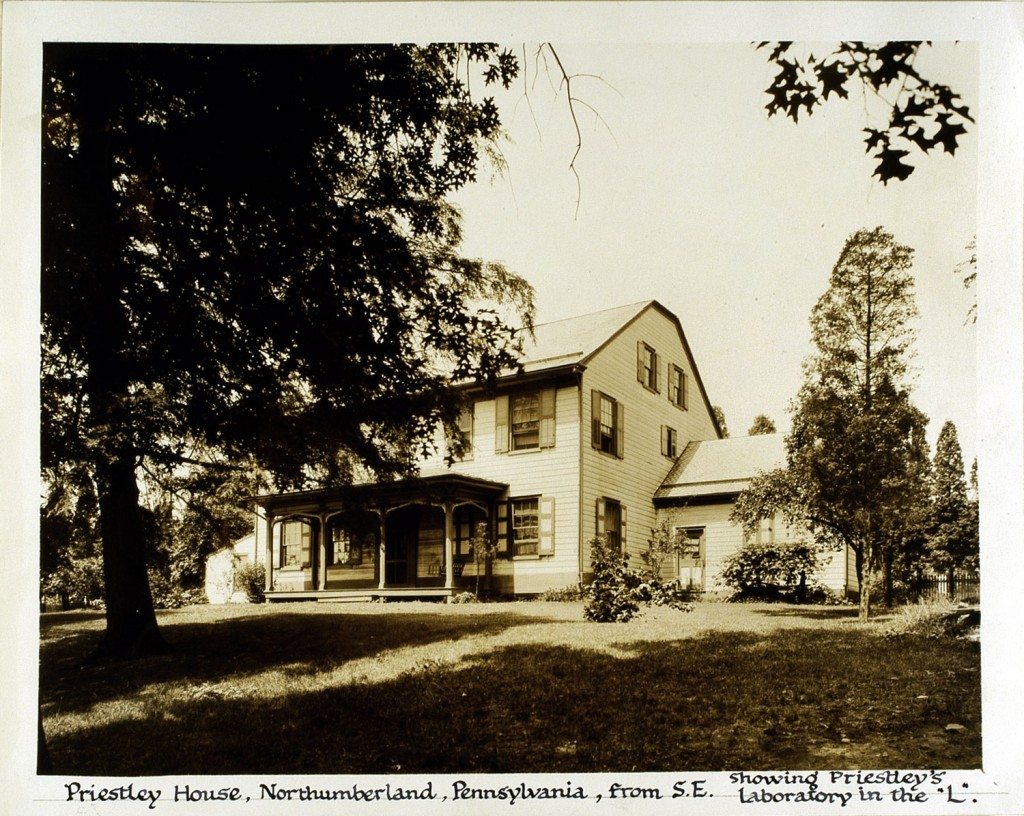Priestley in Northumberland, Pennsylvania
Image: Joseph Priestley House, Northumberland, Pennsylvania, from the south-east showing Priestley’s laboratory
Image from: Birmingham City Archives, Priestley Collection by Samuel Timmins
In Northumberland, Priestley was able to settle and build a wooden-framed house with exterior clapboards. His activity, at least in part, began to resemble his life in England. He preached sermons, promoted education in the locality and acquired scientific apparatus for a laboratory and books for his library.4 One of Priestley’s companions in America was Thomas Cooper, whose family bleached cloth in Manchester. Cooper’s knowledge – he later became Professor of Geology at the University of Pennsylvania – probably enabled him to help Priestley’s scientific experimentation.5 Priestley was a productive scientist and writer in Pennsylvania. He identified carbon monoxide, which he called “heavy inflammable air”, as a distinctive gas and he published more than thirty scientific papers. He also wrote over a dozen religious works, including his History of the Christian Church in six volumes.6 Priestley, nevertheless, was without the close intellectual companionship which had marked his time in Britain and his isolation may have affected the quality of the scientific work he pursued.7
Priestley rejected invitations to live in the more cosmopolitan surroundings of Philadelphia and the quiet provincial town of Northumberland remained Priestley’s home until his death. Nevertheless, he visited Philadelphia many times where he founded the local Unitarian Church and met George Washington, John Adams and Thomas Jefferson.8Jefferson was already known to members of the Lunar Society and had been educated by one of the Lunar men, William Small at the College of William and Mary, in Williamsburg, Virginia.9 Priestley recognised the potential of the United States as a centre for scientific discovery. During his final visit to Philadelphia he told the local Philosophical Society that: “having been obliged to leave a country which has been long distinguished by discoveries in science, I think myself happy by my reception in another which is following its example, and which already affords a prospect of its arriving at equal eminence.”10
Priestley’s reputation as an extreme radical affected his reception. In 1799, he wrote Letters to the Inhabitants of Northumberland which marked him out as a sympathiser with the French Revolution and led to his investigation under the Alien and Sedition Acts which had been passed during the administration of John Adams. When Thomas Jefferson became President in 1800, Priestley was back in favour and the former consulted him during the design of the curriculum for the University of Virginia.11
The presence of slavery in the United States was something that must have confronted Priestley. His Birmingham anti-slavery sermon of 1788 had marked him as an opponent of both the slave trade and slavery itself, but it does seem as if the Priestley household had to compromise its principles and a black slave was hired by the week because it was impossible to find a full-time maid.12 Priestley’s companion, Thomas Cooper, refers to the fact that his wife was “very uncomfortable” because of the problems entailed in securing labour for their household.13
4 Bashore, op.cit.
5 Cooper was a friend and correspondent of James Watt junior and his letters to his friend, which are held in Birmingham City Archives, provide an insight into Priestley’s life in America.
6 Bashore, op.cit.
7 P. M. Jones, “The Life and Times of Dr Joseph Priestley” in this publication. An article which discusses the impact of Priestley’s relative intellectual isolation in America upon his scientific work is Michael Conlin, “Joseph Priestley’s American defence of phlogiston reconsidered”, Ambix, 43 (1996).
8 Anon, Scientist, leaflet produced by Joseph Priestley House, Northumberland County, PA (Pennsylvania Historical and Museum Commission); Bashore, op.cit.
9 For an account of Jefferson’s relationship with Small see Martin Richard Clagett, William Small1734-1775, Teacher, Mentor, Scientist. PhD Dissertation, Virginia Commonwealth University, April, 2003, pp 171-181. Jenny Uglow, The Lunar Men: The Friends who made the Future 1730 – 1810 ( London, Faber and Faber, 2002), p 82, 258, 493-4.
10 Curt Suplee, Joseph Priestley: Discover of Oxygen (Washington, American Chemical Society, 2001), p 6.
11 Bashore, op.cit.
12 Duncan Hirsch, Alison, “The Priestley House” in Pennsylvania Trail of History Guide(Mechanicsburg, Pennsylvania, Stackpole Books), p 33. I am grateful to Tricia Mason for supplying this reference.
13 Thomas Cooper to James Watt Junior, April 4 1796. Birmingham City Archives. MIV Bundle C Folder 13 of 16, nos 121-130.
« Previous in this sectionNext in this section »Continue browsing this section
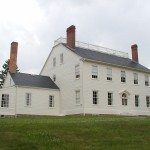 Joseph Priestley and America
Joseph Priestley and America
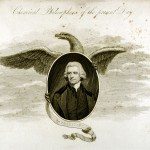 Priestley’s Arrival in America
Priestley’s Arrival in America
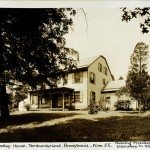 Priestley in Northumberland, Pennsylvania
Priestley in Northumberland, Pennsylvania
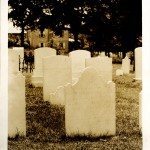 Priestley’s Death and long-term Reputation
Priestley’s Death and long-term Reputation



